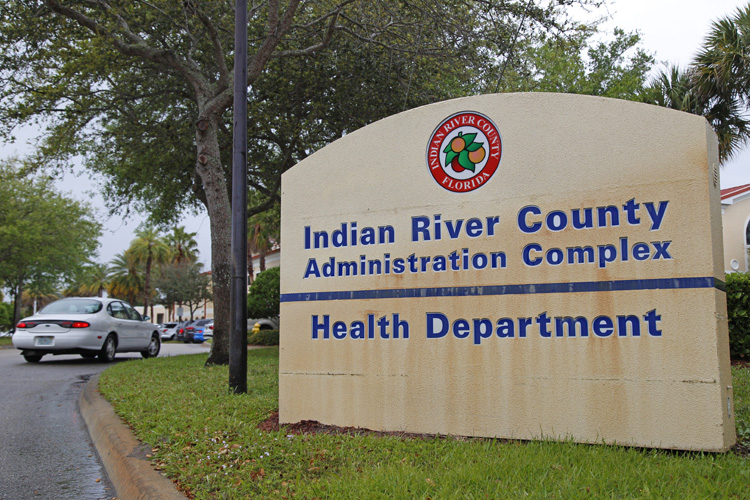
As the combination of record-high temperatures and daily thunderstorms drives people indoors, certain COVID-19 indicators are inching back up.
The numbers aren’t alarming yet, but probably worth keeping an eye on if you’re still concerned about contracting or spreading the virus.
The number of weekly positive cases reported to the Florida Department of Health hit the triple-digit mark with 101 cases in mid-July. The Health Department reports Covid case numbers with a delay of up to two weeks, and it’s unknown how meaningful these numbers are with the widespread use of at-home test kits.
Though the overall number of local Covid hospitalizations was down about 7 percent during the last reported week in mid-July from the week prior, the percentage of Emergency Department visits for COVID-19 illness was up very slightly, about a half a percent.
Statewide, the total Covid case count for the first half of July was up nearly 30 percent from the second half of June, but the increases seemed to be mostly in South Florida.
Seniors age 65 and older and those with compromised immune systems who received their fourth booster shots in April (that’s a total of six vaccine shots since December 2020) are likely beginning to see waning immunity as data shows each shot seems to be less and less effective at producing an enduring immune response.
The next vaccine formula, which is supposed to be updated to target more recent circulating subvariants, is expected to be ready by Oct. 1, should the U.S. Food and Drug Administration approve it and the Centers for Disease Control and Prevention recommend its use. The original vaccine formulas designed to protect against the “wild type” Covid virus are no longer being used.
The new CDC Director Mandy Cohen – hired to rebuild American peoples’ trust in the federal public health agency – gave numerous interviews over the past two weeks, saying that the CDC is headed toward a vaccination schedule whereby a COVID-19 shot would be recommended annually like the influenza vaccine, but that CDC leadership is “not there yet.”
The agency has come under scrutiny for collaborating with big-tech social media companies to censor posts, data and opinions that were not in line with the CDC’s guidance and messaging on COVID-19.
Republicans in the House of Representatives have called for greater transparency from the CDC and the FDA about vaccine risks and post-vaccination injuries.
In her interviews, Cohen expressed concerns that, since the pandemic, the number of children whose parents are not keeping up with the recommended schedule of childhood vaccines has increased, putting the general population at greater risk for the re-emergence of diseases the United States has not seen proliferate in decades.
Cohen said she believes a lack of trust in public health officials is to blame for this troubling trend.



